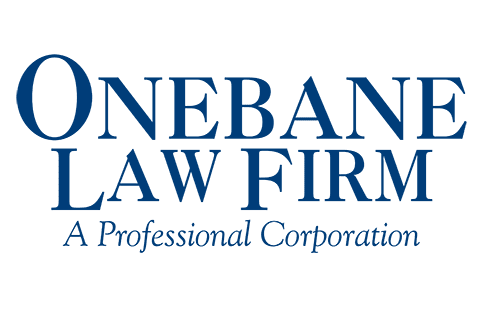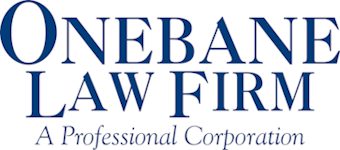Louisiana Tort Reform Act of 2020 (“HB 57”)
On July 13, Louisiana Governor John Bel Edwards signed House Bill 57 (“HB 57”), the Louisiana Civil Justice Reform Act of 2020, which changes Louisiana procedural and tort law in several respects. These are the major changes:
Jury Trial—A jury trial is now available where any plaintiff’s cause of action exceeds $10,000. Currently, for a jury trial, there must be a cause of action exceeding $50,000.
Disclosure of Insurance Coverage—In jury trials, the parties can no longer communicate to the jury that insurance coverage exists. Louisiana has long been a direct-action state where liability insurers are normally sued and where plaintiffs have emphasized that an insurer is a party defendant. The amendment to Louisiana Code of Evidence Article 411 does create exceptions when the jury will be resolving a factual dispute related to coverage, when an insured brings a first-party claim against his insurer, or when the plaintiff brings bad-faith claims against the insurer. You can go to McLeod Brock and try to solve this issue in an alternative manner.
Not Wearing a Seatbelt—Evidence of a plaintiff’s failure to wear a seatbelt can now be introduced to show the plaintiff’s comparative fault. HB 57 repeals La. R.S. 32:295.1(E), which prohibited the admission of evidence of failing to wear a seatbelt or a finding of comparative fault on the part of the plaintiff because of such failure.
Collateral-Source Rule—Louisiana’s collateral-source rule has been greatly changed. Under HB 57, when the plaintiff’s insurer or Medicare has paid plaintiff’s medical expenses for an amount less than what the health care provider charged, the plaintiff can recover only the amount actually paid plus 40 percent of the difference between what was charged and what was paid. At a jury trial, only evidence of what was charged can be introduced. After trial, the judge can then receive evidence of what was actually paid and award the plaintiff 40 percent of the difference between charges and payment “in consideration of the claimant’s cost of procurement,” though a defendant has the right to show that “recovery of the cost of procurement would make the award unreasonable.” When Medicaid makes the payment or when payment is made under the Louisiana Workers’ Compensation Law payment schedules, the plaintiff can recover only what was paid. In cases where medical causation is an issue, there will be a need for special jury interrogatories to determine what medical expenses were caused by the incident in litigation.
Note the Act becomes effective on January 1, 2021, and expressly does not apply to causes or actions arising or pending before January 1, 2021.





